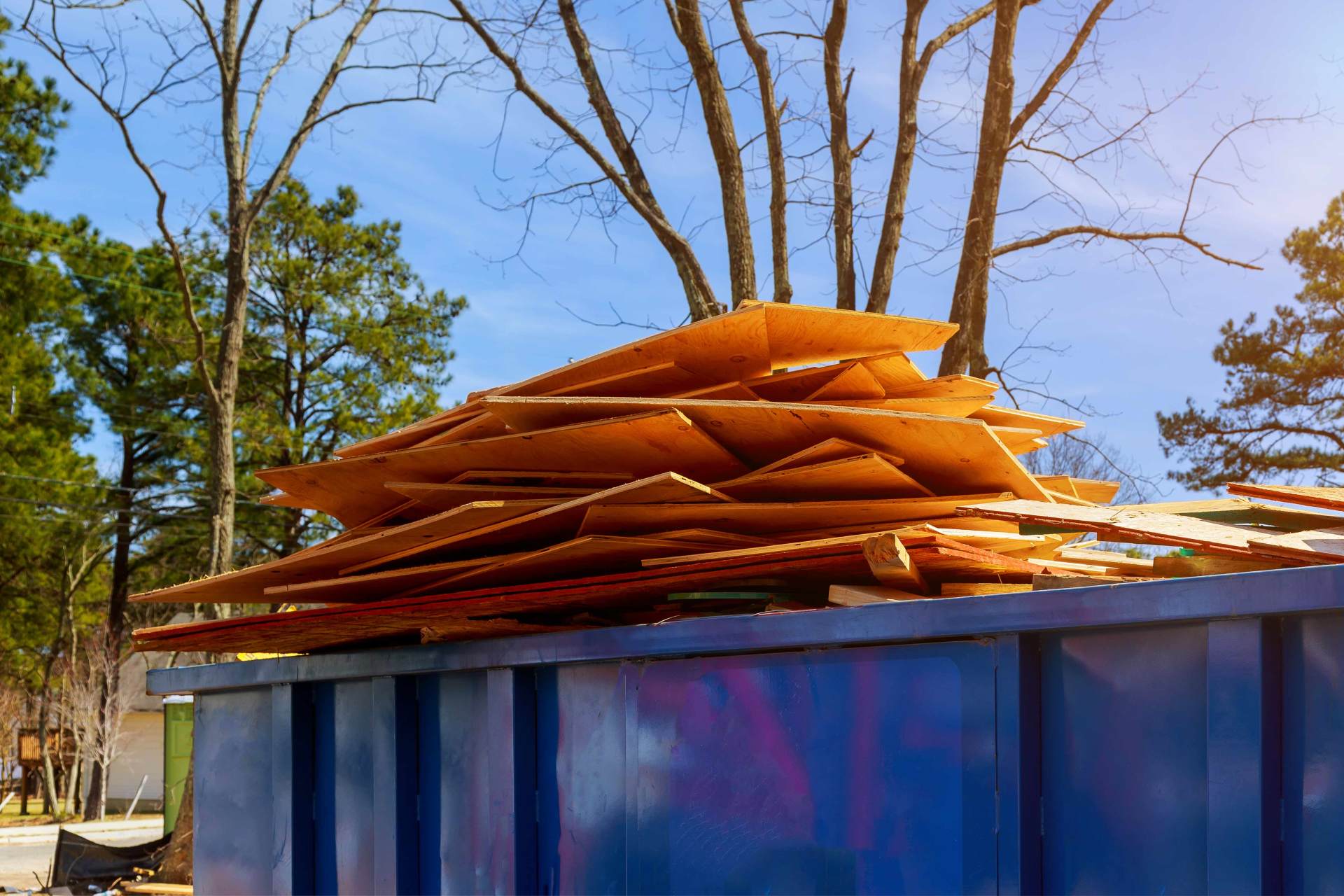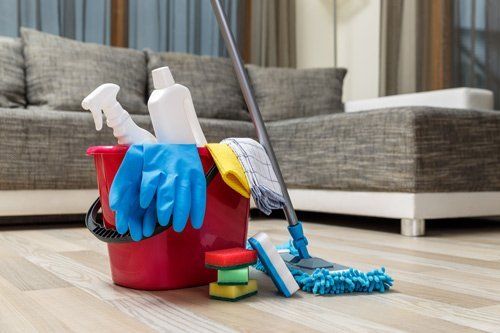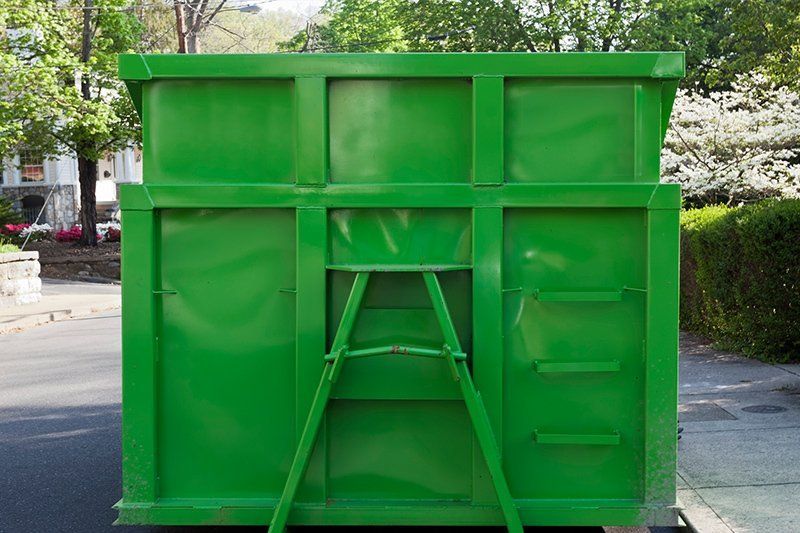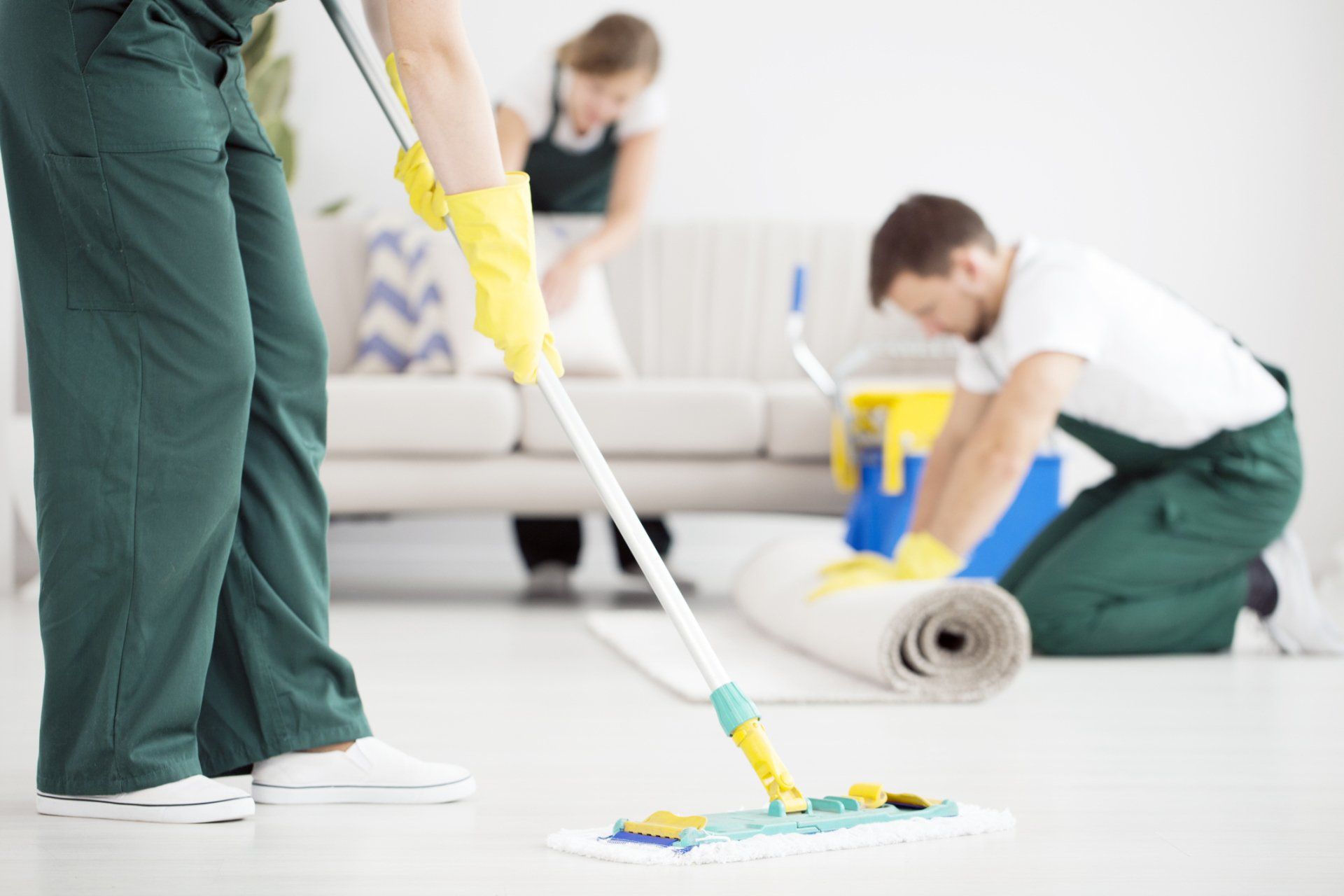Clean Out Your Home Before You Move
Plan a Pickup
If you suspect that you'll have more than a few garbage bags or boxes, you may need to hire a pro for a pickup. Some cities or municipalities regulate residential trash content, limiting the amount or weight of each household's garbage.
A dumpster rental can help you with a whole-house clean-out. But if you have oversize or awkward items that you can't carry down your home's steps, you'll need help.
Not every piece of property has the outdoor space to park a dumpster. When your situation rules out a dumpster, plan for a professional trash removal pick-up service. A clean-out service can extract the items you no longer want and remove them for good.
Schedule the service at least several weeks ahead of the move. If you wait until the last moment, you may limit the time you have to organize and pack whatever you're keeping. You'll need the extra days (or weeks) to take inventory of what is left over, so plan a packing strategy and choose a moving truck that’s the right size.
Separate Hazards
Household hazardous waste refers to residential products that are toxic, poisonous, corrosive, explosive, or flammable. These items include house paint, some chemical cleaners, old batteries, weed or pest control products, gasoline, and refrigerants, along with others.
Along with products that are hazardous on their own, your property may be home to items that were once safe but are now dangerous. These include anything that is infested with mold, insects, or rodents. Like paint and oil, this type of household waste also requires professional attention.
Throwing household hazardous waste products away with your regular trash isn't advisable. In many cases, it's also not allowed. If you can't throw these items away and you don't want to move them to your new home, what can you do?
Your community waste management program or office can provide you with information on safe and environmentally conscious disposal of hazardous waste products. You can also consult a clean-out service. They have the expertise and equipment to correctly dispose of or recycle items that don't belong in the regular household trash.
Donate Discards
Some items that seem like trash aren't trash. An old couch can find a new home, your children's too-small clothes can make someone's day brighter in a homeless shelter, and other items are easy to upcycle.
If you have items that can help others or that someone else can use, investigate donation options. A local thrift store, shelter, or need-based organization may come to your home, pick up your discards, and breathe new life into them.
Evaluate Need
Parting with your cherished belongings is more than just sweet sorrow; it's a major challenge. Even though you're not a hoarder, you might have an overabundance of household items that you shouldn’t have to move.
Assess your belongings, rating them based on need. Ask yourself these questions:
- When was the last time that I used this item?
- When will I use this item in the future?
- Do I have unnecessary multiples of this item?
- Is this item worn to the point that I need a new one?




